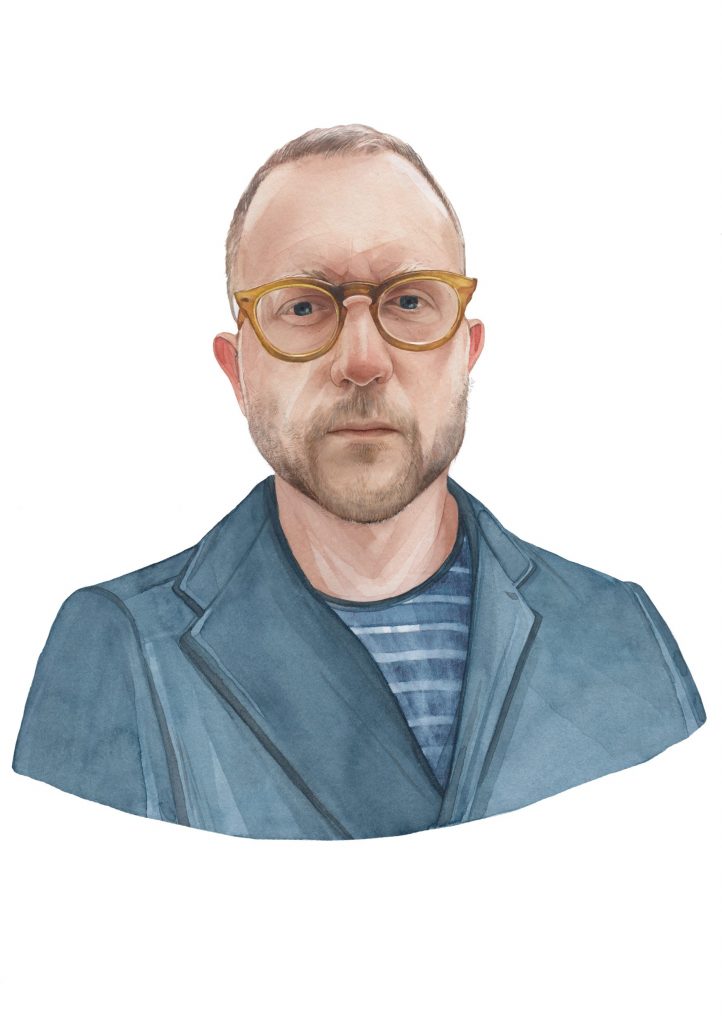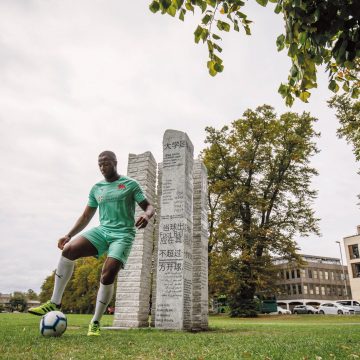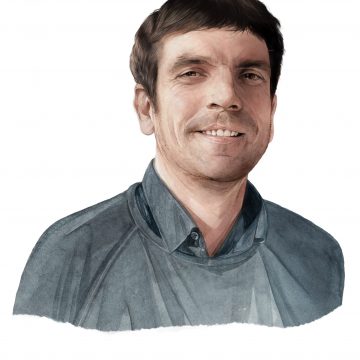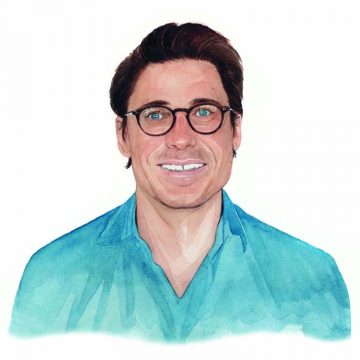‘Thank God we’re in week seven!’ is the last thing you want to hear on research leave
Dr JD Rhodes is the Director of the Cambridge Centre for Film and Screen and a Fellow of Corpus Christi College.

This term, I have been on research leave (the kind that rolls around every six terms). These periods, in which one tries desperately to finish book projects and overdue articles, are precious. But, as everyone knows, a Cambridge term passes with terrifying alacrity. Hearing one’s colleagues announcing, “Thank God we’re in week seven!” is the last thing anyone on research leave wants to hear. In an attempt to make my time seem longer, I decided it was better to be away for at least part of the term.
Invitations to deliver lectures in the US were my immediate pretext for time away. In 2017, I published a book, Spectacle of Property: The House in American Film. The book is about cinematic spectatorship and private property, and looks at film from the point of view of architecture, and architecture through the lens of cinema. But one minor note of the book was the fact that the term “prop” (what the OED defines as “any portable object used in a play, film, etc as required by the action”) is short for “property”. With Dr Elena Gorfinkel, a colleague, collaborator and friend, I decided this would be the perfect subject for a new book – and my US lectures.
Two things have been preoccupying me. The first is the extent to which early film theorists (of the 1920s, 30s and 40s) found themselves writing about props. The prop itself was not their subject; rather, they were intrigued by how the camera’s encounter with the prop – a teapot, a gun, a telephone – allows it to show off an ability to magnify the object, almost to endow it with a personality. This tendency in film theory is particularly fascinating, given that these writers were trying to figure out what it was that made this new artistic medium unique and powerful.
The second is the way in which, by the same token, the film camera is able to take anything that is put before it and turn it into material for the story that needs telling. In a sense, the world itself is cinema’s prop-in- waiting. That makes cinema an appropriative medium – one of taking, of possession.
As my students near the conclusion of this period of intense and mostly solitary work, I recall what it was like for me: terrifying
I was able to share these thoughts with colleagues at the University of Pennsylvania, Lafayette College and Vanderbilt University. The writing was fresh when I started the tour in Philadelphia at Penn and a few days separated each talk from the next, enabling me to expand and contract, delete and add, correct and – I hope – improve the argument we will be making in the finished book. And, of course, it was good to make friends with peers at venerable institutions, meet their PhD students, exchange ideas and hear what other people are reading (and watching – I am a film scholar, after all).
My time back in Cambridge was taken up with reading my PhD students’ work. They are examining topics ranging from the politics of the voice in Italian horror film, to gender in queer French film-making and the work of Barbara Hammer, the recently deceased lesbian experimental film-maker. Of course, these students are capable and independent intellectuals, and their work is entirely their own (unlike the model in many STEM subjects). But as their supervisor, I must read their work carefully, meet with them to discuss (and often argue over) its development, strategise when and where to publish their articles, and, at times, act as a kind of life coach and counsellor. It’s a daunting combination of tasks.
As these students near the conclusion of this period of intense and mostly solitary work, I recall what it was like for me: terrifying. Was what I had produced worth thinking about, worth saying, worth sharing with others?Even though I finished my PhD in 2003, it takes no effort for me to enter imaginatively into the struggles and doubts they feel. None of them can realise how brilliant they are; it’s my job to reassure them, while continuing to push them further. In turn, they reassure me that what we do is valuable and important. They make Cambridge a place to which I am always happy to return.
Find out more about the the Cambridge Centre for Film and Screen







